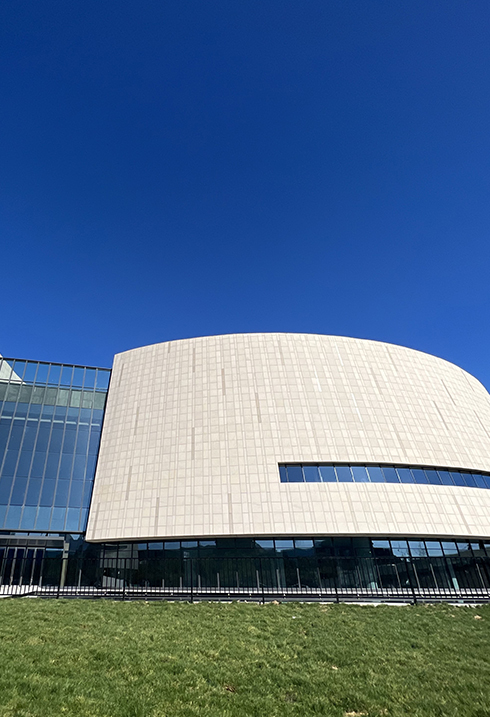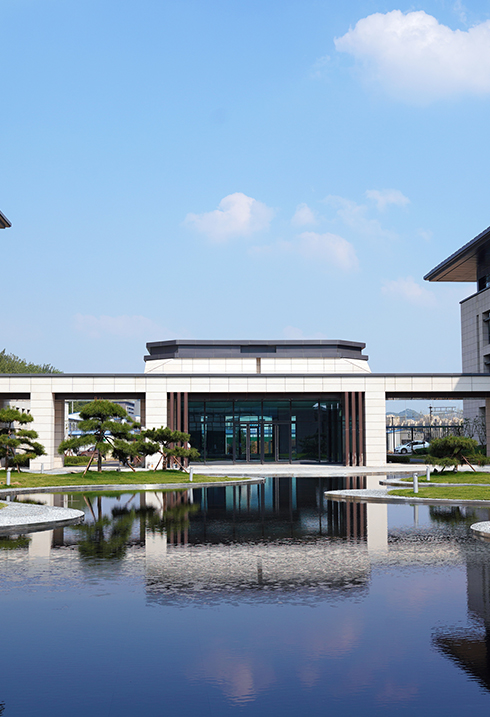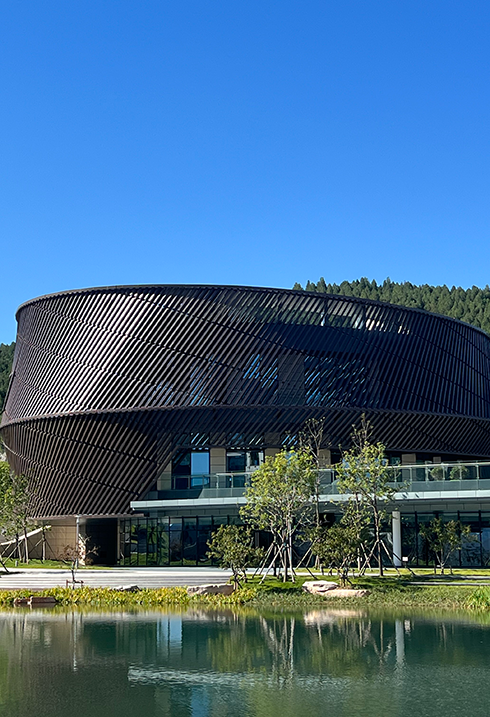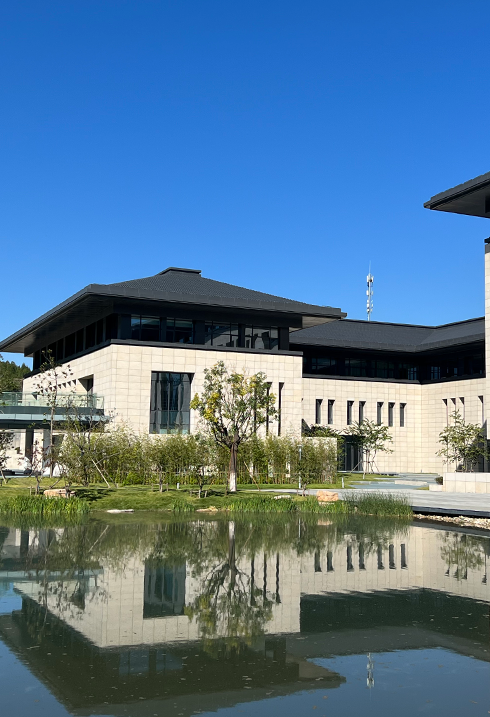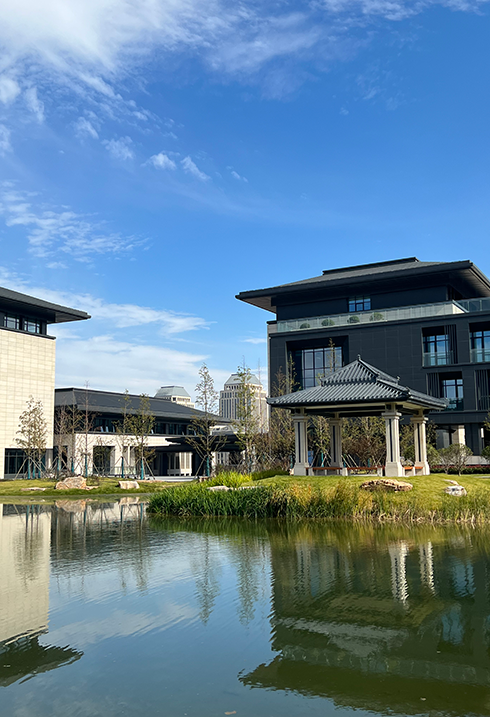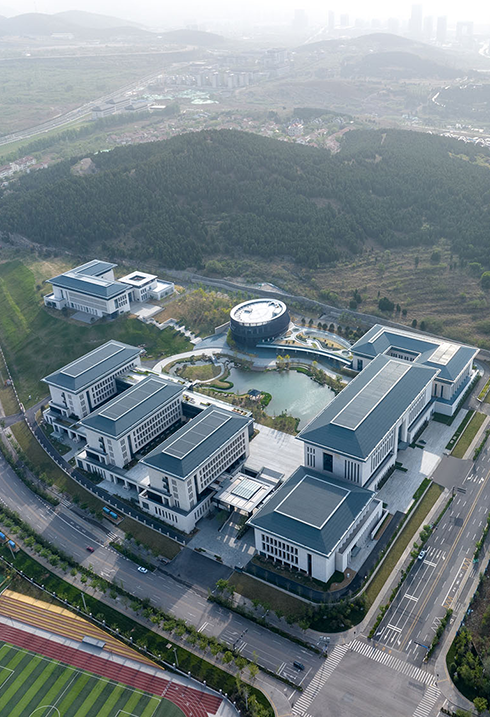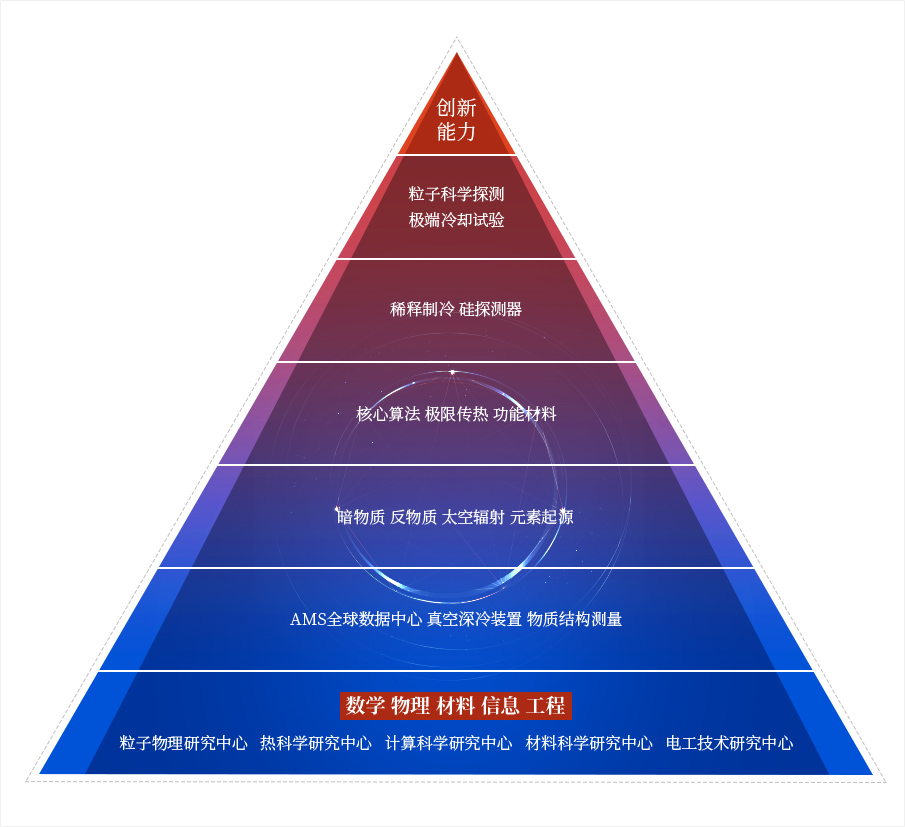About Us
About Us
Shandong Institute of Advanced Technology Introduction
Shandong Institute of Advanced Technology (hereinafter referred to as "IAT") is a highly internationalized research institute founded in November 2019 in Jinan, Shandong Province, China. IAT relies on large-scale scientific facilities to conduct basic research in the frontiers of science and applied research in significant technologies. As a scholar-oriented and academic-centered institute, it advocates equality-featured scientific culture and encourages the spirit of free exploration. IAT creates an advanced institutional environment that respects individual values and provides the best opportunities for prominent scholars worldwide, especially the young, to carry out cutting-edge interdisciplinary research on a large scale.

Environment
Environment
Team
Team
IAT has introduced a group of young experts and scholars at an average age under 35 years old with international vision, research originality, and academic potential from TOP 100 universities in the world and world-class research institutes. Of these, 4 are internationally recognized scholars from Massachusetts Institute of Technology (MIT), European Organization for Nuclear Research (CERN), and the Royal Institute of Technology (KTH). In addition, more than 150 outstanding young scholars have overseas study and work experience, mainly from top-notch universities and institutes including CERN, MIT, University of Pennsylvania, Caltech, Tsinghua University, Peking University, etc.
Led by Nobel Laureate Prof. Samuel C.C. Ting, IAT has formed its particle physics research team. Based on the global data center for the Alpha Magnetic Spectrometer (AMS) experiment on the International Space Station (ISS), IAT’s Particle Physics Research Center devotes to the experimental searches for dark matter, antimatter and the origins of cosmic elements as well as numerical modeling of cosmic radiation in outer space, forecasting software of the radiation environment in solar system, precision calculation of radiation dose and nuclear cross sections, tests of silicon detectors, etc. IAT’s Thermal Science Research Center was formed based on the AMS thermal control team. Using the thermal control data of AMS, the center's research is mainly focused on space thermal analysis under complex conditions, construction of a deep-cooling experimental system, heat dissipation under extreme conditions, and key technological innovations.
Based on a highly internationalized scientific culture, IAT and its young scholars have formed their own academic foundation and research style that value inclusiveness, equity, and openness.





